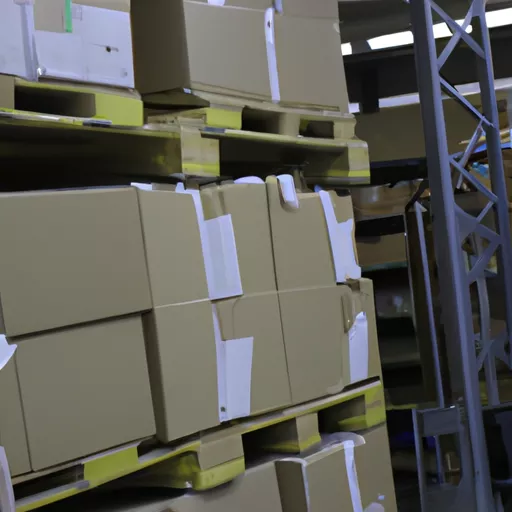
In today's world, website loading speed plays a crucial role in user experience and their decision to stay or leave a site. The faster your site loads, the higher the chance that a visitor will stay and potentially become a customer. In this article, we will discuss 8 advanced ways to improve the performance of your website for faster loading.
1. Minimize HTTP Requests: Every time your website loads, it makes multiple HTTP requests to load all the necessary resources such as images, styles, scripts. The more requests, the longer the page will take to load. You can reduce the number of requests by combining files into one, using sprites for images, and minifying code.
2. Caching: Enabling caching on your server allows you to store copies of your website data on the user's computer. When the user visits your site again, the data will be loaded from the cache, significantly reducing loading time. You can set a cache duration to automatically refresh the data after a certain time.
3. Data Compression: Data compression allows you to reduce the size of transmitted files, thereby reducing website loading time. You can use Gzip compression, which compresses text files (such as HTML, CSS, and JavaScript) before sending them to the server. It is relatively easy to configure and can reduce file size by up to 70%.
4. Image Optimization: Images are usually the main reason for slow website loading. Image optimization allows you to reduce their size without compromising visual quality. There are several ways to optimize images, such as compression, resizing, and using the WebP format, which provides better compression without loss of quality.
5. Asynchronous Script Loading: Scripts required for your website to function properly can sometimes be delayed in loading, slowing down page loading time. Asynchronous loading allows the browser to load scripts in parallel with other page elements, speeding up the loading process. You can use the async or defer attributes for scripts to specify how the browser should load them.
6. Remove Unused Plugins and Scripts: Your site may contain plugins and scripts that are no longer used or necessary for its functioning. Removing unused elements will reduce page size and improve loading time. You should review all the plugins and scripts on your site and delete those that are no longer in use.
7. Use a CDN: A Content Delivery Network (CDN) helps accelerate website loading by hosting your site's content on servers around the world. This allows users to load data from the server closest to them, reducing data transfer time and speeding up page loading. You can choose a CDN and configure it for your site.
8. Upgrade to a Faster Hosting: Your hosting provider can significantly impact your site's loading time. Upgrading to a faster hosting will allow your site to load faster. You should research different hosting options and choose one that offers better performance and service quality. Before switching to a new hosting, make sure to properly backup your data.
In conclusion, improving the performance of your website by optimizing its loading is a key factor for success. A fast site attracts more users, enhances user experience, and increases the chance of making sales. Try implementing the methods described above to enhance the performance of your site and enjoy the results.


